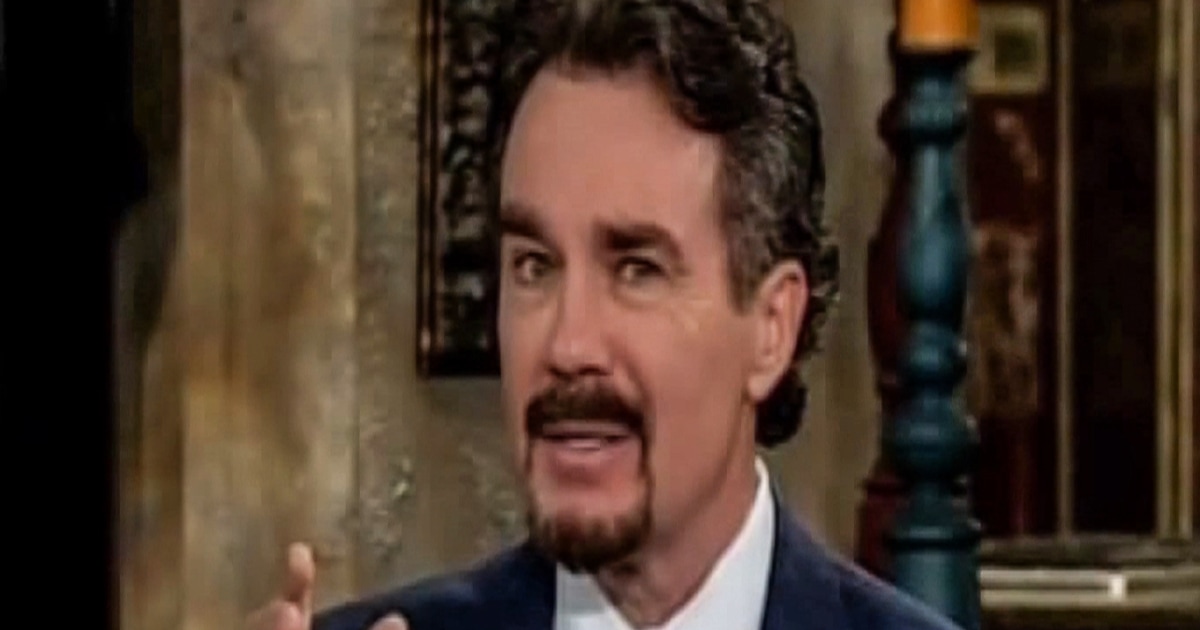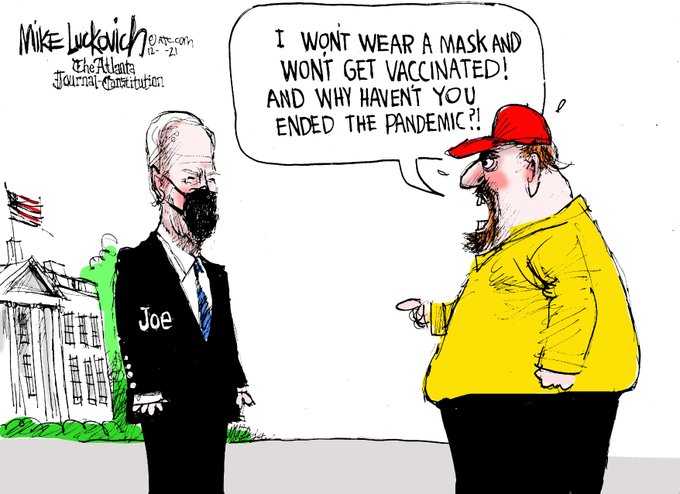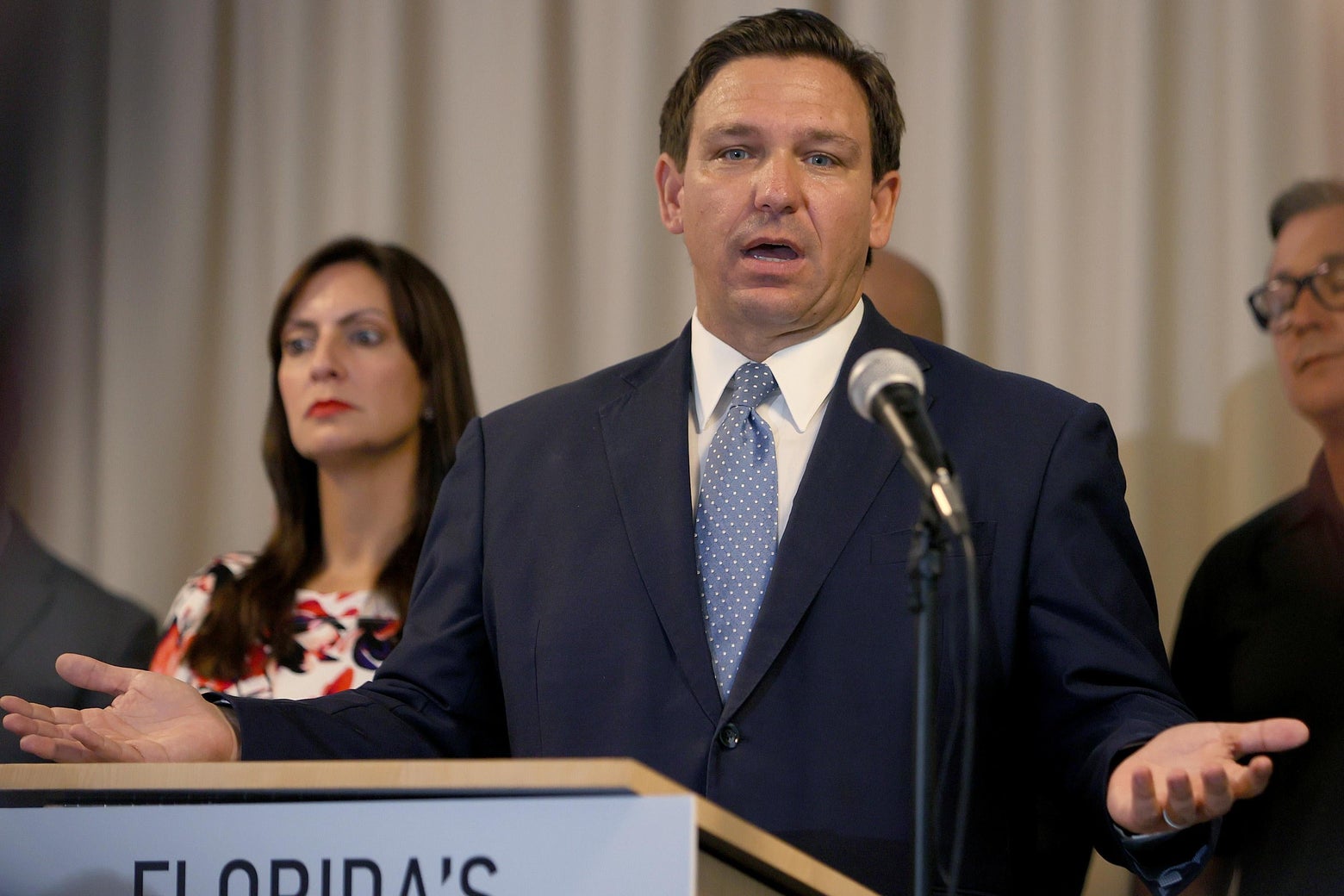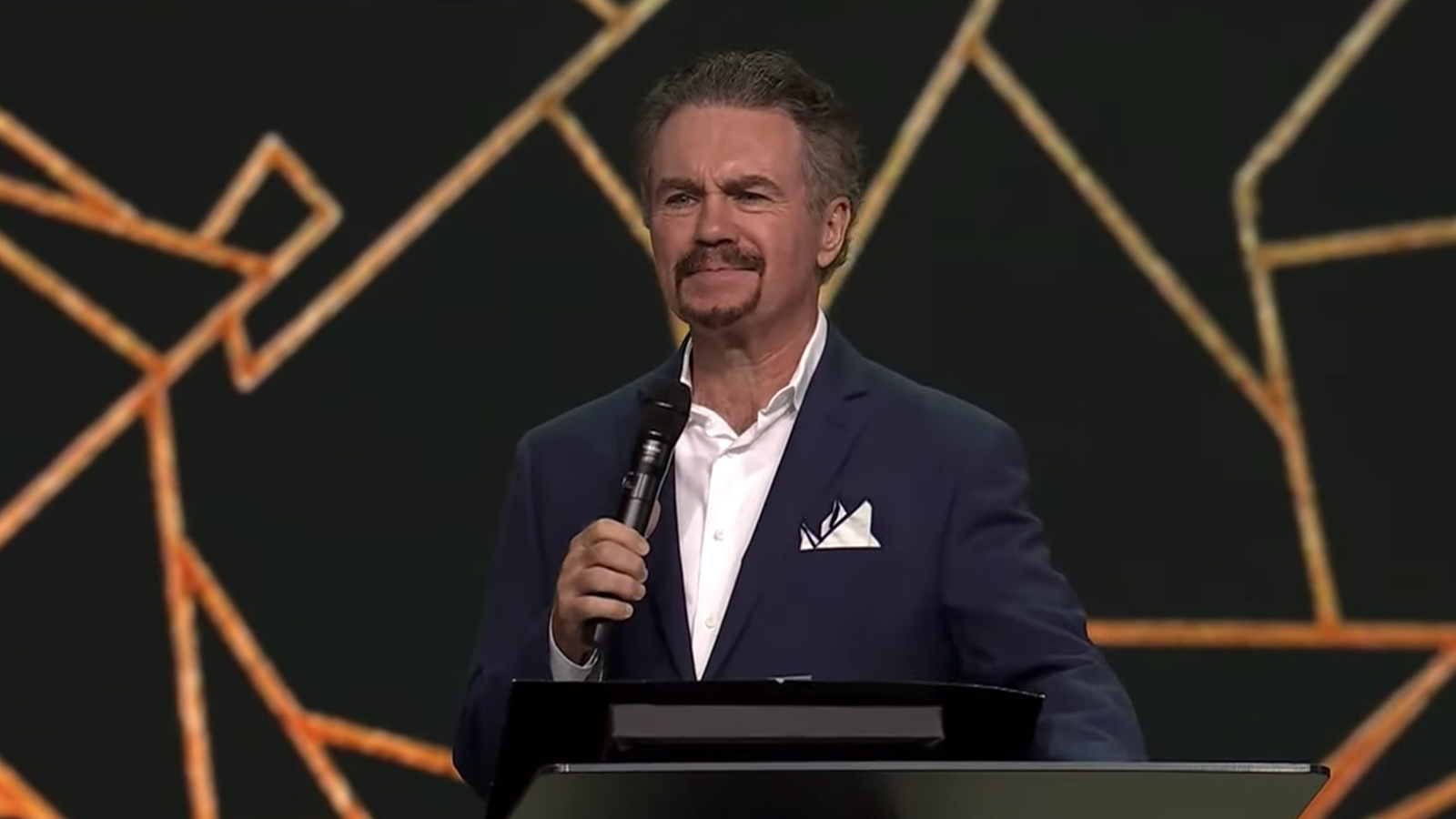How precisely did the Black Death have this kind of impact? Medieval medicine understood neither how the plague spread nor how it could be treated. Today we know that plague is primarily transmitted to humans by infected rat fleas, but doctors in the 14th century commonly attributed the disease to poison in the air. Easily treated by antibiotics today, treatments at the time consisted of ineffective and potentially damaging procedures such as bloodletting. If allowed to take its course, plague has extremely high mortality — roughly 60 percent-70 percent of afflicted individuals will succumb to the disease. So when the plague entered Europe via trading routes with Central Asia, the result was a calamity of unfathomable magnitude.
The effects of mass death on the economic fortunes of workers were profound. On the eve of the Black Death, Europe was characterized by feudalism, a hierarchical social and economic system with military aristocrats (and the clergy) at the top and a large mass of peasant laborers at the bottom. Because the economy was overwhelmingly agricultural, the elite’s capital was held almost exclusively as land. Peasants were tied to this land through a highly exploitative system of forced labor called serfdom, which demanded the uncompensated provision of labor and greatly restricted workers’ mobility.
The demographic collapse wrought by the Black Death was a fundamental shock to this system — at least it was in the areas where the toll of the plague was high. The basic laws of supply and demand explain why. In areas where the plague hit hard, it decimated the labor force. At the same time, the disease left the upper classes’ main capital asset, land, completely untouched. Thus, one factor of economic production, labor, suddenly became scarce and expensive, while the other, land, became abundant and cheap. The result was a massive increase in peasants’ bargaining power. Thus, workers were able to demand better working conditions, improve their access to land and, given the challenges elites faced in policing their movement, migrate to the cities. In the years immediately following the Black Death, serfdom collapsed and was replaced by a wage economy based on free labor.





